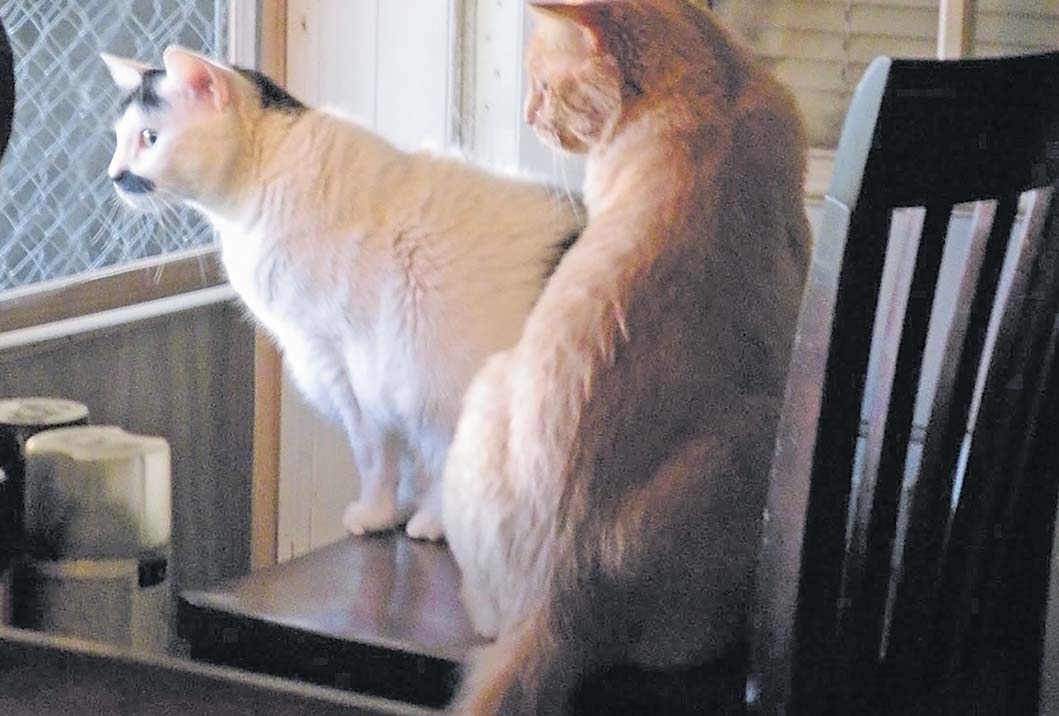Well over the years I have called cats aliens due to their quirky biology and physiology. Such as being an induced ovulator. Meaning they don’t have normal reproductive cycles as most of our domestic species, rather they ovulate – and thus can become pregnant quickly and easily – when they mate.
This reproductive advantage, subsequent overpopulation, and wanton destruction, leads to their categorisation as an invasive species. Wait, what? This week USP hosted the Fiji Invasive Alien Species 2023 Symposium. I think the first (hopefully annual) such event.
You did not even have to attend in person as it was available online – which hopefully means recordings of the different talks will be made available as more people learn of its value – especially all those students!
Even though most presenters identified, researched, and spoke of individual plants, insects, birds, mammals or sea-life, an overarching theme was the importance of biodiversity. Invasive species by some definitions is “… an introduced species that becomes overpopulated and harms its new environment…adversely affects habitats and bioregions, causing ecological, environmental, and/or economic damage.”
Reasonably close definition to that offered at the seminar. They destroy biodiversity. A term which, although it has taken decades, is slowly materialising in peoples’ minds as a critical aspect of life on earth.
Some species are introduced to the area, non-native to the area, and due to their biology easily overtake the fauna and flora of the region such as was explained about African Tulip. Some are native, but take advantage of local habitat change, such as the Crown of Thorns Starfish.
The most invasive species would be man, who has not quite clearly understood the damage he has done, nor that he is most usually the cause of invasive alien species, and climate change. Any luck at all the lack of understanding this is changing.
Academic minds prevailed and maybe one of the most important points brought up by Dr Kaliova was that they had to learn of what was around them. Until you know that, until you know the biology of a species, it is impossible to identify harm or to identify solutions.
There is deep intrinsic value to study and research. In the university setting the results are usually peer reviewed in some manner, and they go into a retrievable database (we used to call a library).
Others brought up not re-inventing the wheel, and keeping easy access to previous research. The importance of learning, that there is value in investigations which seem, at first, purely to satisfy a curiosity.
At this stage of humanity there should be more than enough evidence to support the simple acts of gathering data as long as it becomes part of the database to help continue putting the pieces together.
Government support and other financial support for investigations is magnified with catch-words, sound bites, public clamor, and token of the day most notably recently climate change. This unfortunately is a fact of life currently and best to go with it knowing that all these things are not mutually exclusive.
And it is up to not just the academic community, but all of us to recognise that everything you do has profound effects on your surroundings.
Birds are a very important part of the ecosystems in which we live, but sadly are ignored by many as just a piece of the background noise.
Several speakers emphasized their importance and this is where the cats came in. I was interested in this seminar because I am a lifelong student of biology. I did not expect cats to show up in these talks, but they did. And not in a good way.
To add to all the reasons we need to take proper care and control of our cats we need to add “reverse their appearance on invasive alien species lists”. They do not belong in the wild – this occurrence is another product of wanton human disregard.
All cats and dogs should have owners. All domestic cats and dogs should be neutered – male and female. If you fancy a cat or dog in your household or farm, you have a moral and civic responsibility to care for that animal properly, and not allow it to become a burden on others, or on nature.
See the Blog “Keeping Birds Safe from Outdoor Cats” (blog.nwf.org) for more information on one of your responsibilities in owning a cat. By the way, a question was raised about snakes as predators…I can answer that as I was told there are no snakes in Fiji when I arrived on your shores the first time.
• JO OLVER is a doctor of veterinary medicine. The views expressed are those of the author and do not reflect the views of this newspaper.



